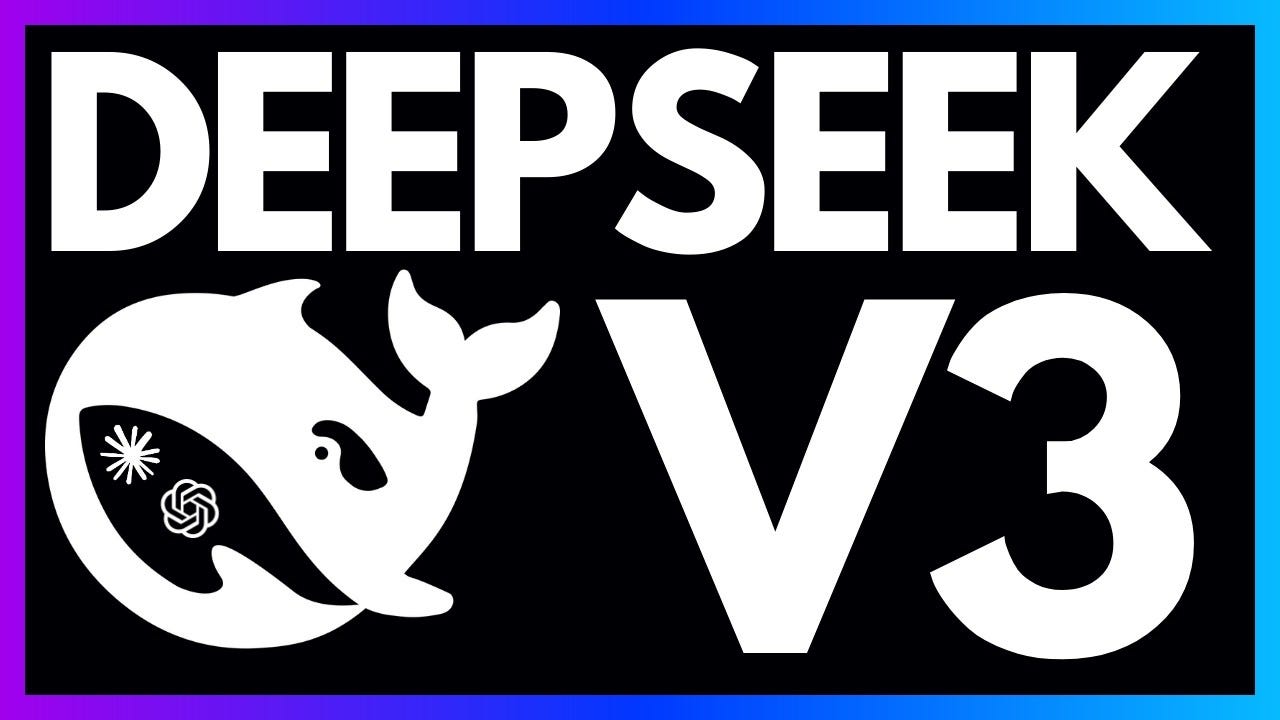Researchers have deceived DeepSeek, the Chinese generative AI (GenAI) that debuted earlier this month to a whirlwind of promotion and user adoption, into exposing the directions that define how it runs.

DeepSeek, the new "it girl" in GenAI, was trained at a fractional expense of existing offerings, and as such has actually triggered competitive alarm throughout Silicon Valley. This has caused claims of copyright theft from OpenAI, and the loss of billions in market cap for AI chipmaker Nvidia. Naturally, security scientists have actually begun inspecting DeepSeek as well, analyzing if what's under the hood is beneficent or wicked, or a mix of both. And experts at Wallarm simply made substantial progress on this front by jailbreaking it.

At the same time, they exposed its entire system prompt, i.e., a covert set of guidelines, composed in plain language, that determines the habits and restrictions of an AI system. They also may have caused DeepSeek to admit to rumors that it was trained using technology established by OpenAI.
DeepSeek's System Prompt
Wallarm notified DeepSeek about its jailbreak, and DeepSeek has actually given that fixed the problem. For fear that the very same techniques may work versus other popular big language designs (LLMs), however, the researchers have actually chosen to keep the technical details under covers.
Related: Code-Scanning Tool's License at Heart of Security Breakup
"It absolutely required some coding, but it's not like an exploit where you send a bunch of binary information [in the type of a] infection, and then it's hacked," explains Ivan Novikov, CEO of Wallarm. "Essentially, we type of persuaded the model to react [to prompts with specific predispositions], and since of that, the model breaks some sort of internal controls."
By breaking its controls, the researchers were able to extract DeepSeek's whole system timely, word for word. And for a sense of how its character compares to other popular models, it fed that text into OpenAI's GPT-4o and asked it to do a comparison. Overall, GPT-4o claimed to be less limiting and more innovative when it concerns possibly sensitive material.
"OpenAI's timely permits more important thinking, open discussion, and nuanced dispute while still making sure user security," the chatbot declared, annunciogratis.net where "DeepSeek's prompt is likely more rigid, avoids controversial discussions, and stresses neutrality to the point of censorship."

While the scientists were poking around in its kishkes, they also discovered one other intriguing discovery. In its jailbroken state, the model appeared to show that it might have gotten transferred understanding from OpenAI models. The researchers made note of this finding, however stopped short of labeling it any sort of proof of IP theft.
Related: OAuth Flaw Exposed Millions of Airline Users to Account Takeovers
" [We were] not retraining or poisoning its responses - this is what we got from a really plain action after the jailbreak. However, the truth of the jailbreak itself does not certainly provide us enough of an indicator that it's ground reality," Novikov warns. This topic has been particularly delicate ever given that Jan. 29, when OpenAI - which trained its designs on unlicensed, copyrighted data from around the Web - made the previously mentioned claim that DeepSeek used OpenAI technology to train its own designs without consent.
Source: Wallarm
DeepSeek's Week to Remember
DeepSeek has actually had a whirlwind trip given that its worldwide release on Jan. 15. In two weeks on the market, it reached 2 million downloads. Its appeal, capabilities, and low expense of advancement set off a conniption in Silicon Valley, and panic on Wall Street. It contributed to a 3.4% drop in the Nasdaq Composite on Jan. 27, led by a $600 billion wipeout in Nvidia stock - the largest single-day decrease for any business in market history.
Then, right on cue, provided its suddenly high profile, DeepSeek suffered a wave of dispersed rejection of service (DDoS) traffic. Chinese cybersecurity company XLab discovered that the attacks started back on Jan. 3, and stemmed from countless IP addresses spread throughout the US, Singapore, the Netherlands, Germany, and China itself.
Related: Spectral Capital Files Quantum Cybersecurity Patent
An anonymous expert informed the Global Times when they began that "initially, the attacks were SSDP and NTP reflection amplification attacks. On Tuesday, a a great deal of HTTP proxy attacks were included. Then early this morning, botnets were observed to have actually signed up with the fray. This indicates that the attacks on DeepSeek have been intensifying, with an increasing range of methods, making defense progressively difficult and the security challenges faced by DeepSeek more serious."
To stem the tide, the company put a short-lived hold on brand-new accounts registered without a Chinese telephone number.
On Jan. 28, while warding off cyberattacks, oke.zone the company launched an upgraded Pro version of its AI model. The following day, Wiz scientists discovered a DeepSeek database exposing chat histories, secret keys, application programming user interface (API) secrets, and more on the open Web.
Elsewhere on Jan. 31, Enkyrpt AI released findings that expose much deeper, significant problems with DeepSeek's outputs. Following its testing, it deemed the Chinese chatbot three times more biased than Claud-3 Opus, forum.batman.gainedge.org four times more toxic than GPT-4o, and 11 times as most likely to generate harmful outputs as OpenAI's O1. It's likewise more likely than a lot of to produce insecure code, and produce harmful information pertaining to chemical, biological, radiological, and nuclear agents.
Yet regardless of its imperfections, "It's an engineering marvel to me, personally," states Sahil Agarwal, CEO of Enkrypt AI. "I think the fact that it's open source also speaks highly. They desire the neighborhood to contribute, and be able to utilize these innovations.









